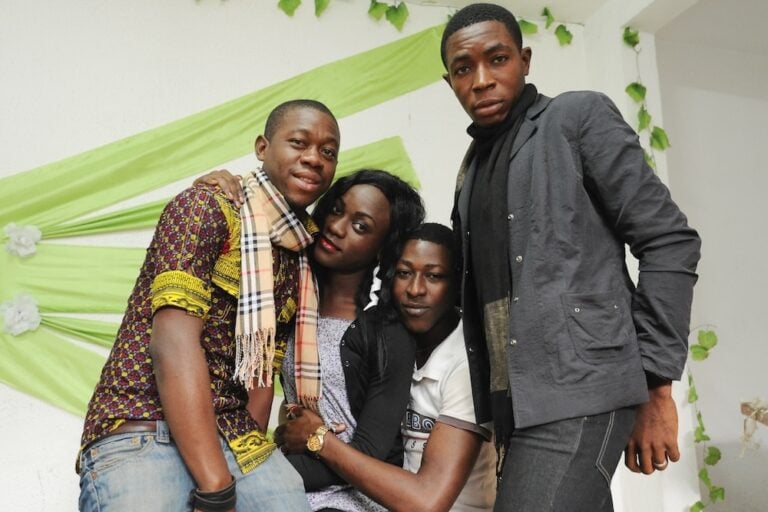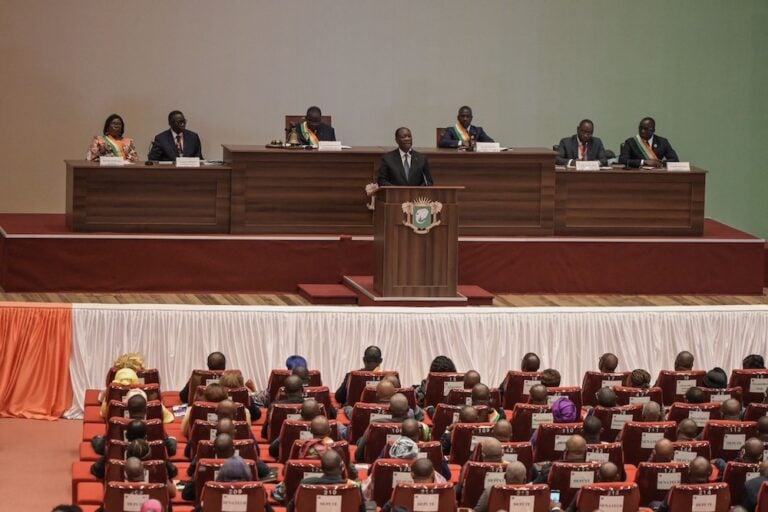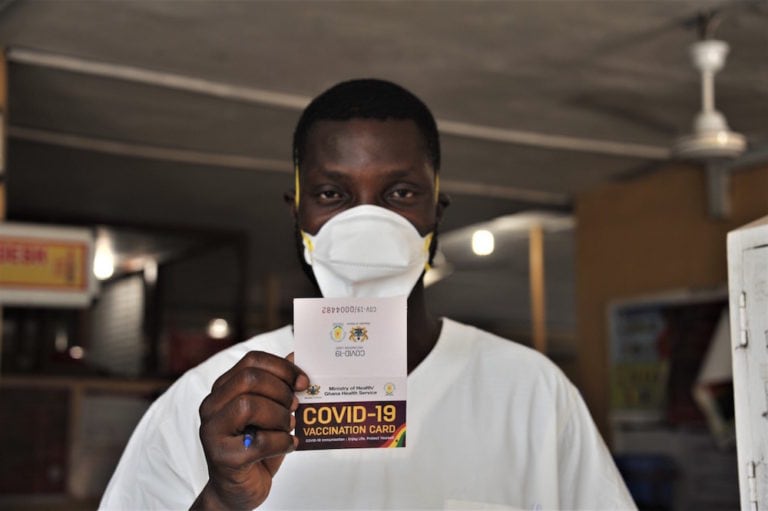RSF is pleased with the neutral and unbiased coverage of leading state-owned broadcasters La Première and La Nationale.
(RSF/IFEX) – Paris, 27 November 2010 – RSF has released its report on the media coverage during the second round of presidential elections. The following are excerpts from the report:
Conclusions:
– Neutral and impartial coverage by the public broadcast media and by the Fraternité Matin, Soir Info, L’Intelligent d’Abidjan and Nord-Sud dailies.
– Inflammatory comments by both candidates had an impact on the campaign’s tone in the media.
– The Notre Voie, Le Nouveau Réveil and Le Patriote dailies did not respect the basic rules of journalistic ethics and professional conduct.
Recommendations:
– Reporters Without Borders appeals to all the Ivorian media to provide responsible and balanced coverage of the vote-counting and the announcement of the results.
– Reporters Without Borders calls on the public broadcast media to pay more heed in future to the principles of impartiality and neutrality towards all candidates at all stages of an election campaign.
– Reporters Without Borders urges Notre Voie, Le Nouveau Réveil and Le Patriote to reflect on the dangers to which Côte d’Ivoire is exposed by their use of insulting and inflammatory language.
Unbiased, neutral coverage of candidates and campaign by public broadcasters and four dailies
Reporters Without Borders hails the fact that, during the campaign for the second round of Côte d’Ivoire’s presidential election, the Fraternité Matin, Soir Info, L’Intelligent d’Abidjan and Nord-Sud dailies covered the two candidates – incumbent President Laurent Gbagbo and Alassane Ouattara of the Houphouëtiste Rally for Democracy and Peace (RHDP) – in an impartial manner, giving them roughly equal column space and using an almost systematically neutral tone.
Reporters Without Borders also congratulates the leading state-owned TV and radio stations, La Première and La Nationale, for their neutral and unbiased coverage of the second-round campaign. The organization is pleased to note that, during the official campaign period, they restricted themselves to a reasonable level of coverage of Gbagbo’s activities as president, thereby putting the two candidates on equal footing.
This was a positive development after a first-round campaign in which La Première and La Nationale accorded Gbagbo two or three times as much air-time as the other candidates by giving his presidential activities much more coverage.
Reporters Without Borders nonetheless regrets that La Première and La Nationale, whose status as public service broadcasters requires them to be completely neutral during elections, did not apply this principle during the period prior to the official start of the second-round campaign, and instead provided Gbagbo and his allies with very favourable coverage, both quantitatively and qualitatively.
Inflammatory comments by candidates and impact on media
Reporters Without Borders found that inflammatory comments made by the two candidates and their staff had an impact on the tone of the campaign coverage in the Fraternité Matin, Soir Info, L’Intelligent d’Abidjan and Nord-Sud dailies and in the public broadcast media.
The press freedom organization realizes that journalists often have no choice but to report these comments – clearly attributing the source – because they are campaign developments that can help voters to better understand the candidates. But journalists should be responsible and should always refrain from amplifying them. They should also highlight the dangers to the population that can result from such verbal excesses by its politicians.
Notre Voie, Le Nouveau Réveil and Le Patriote – not professional media
Reporters Without Borders deplores the fact that the Notre Voie, Le Nouveau Réveil and Le Patriote dailies amplified the inflammatory comments of the two candidates and their staff, and that they themselves used insulting and defamatory language almost every day on their front page against the candidate they did not support.
The organization condemns this behaviour, which damaged the credibility of all the news media, and holds the view that, during this period, these newspapers excluded themselves from the ranks of professional media that satisfy the standards of ethical journalistic conduct.


